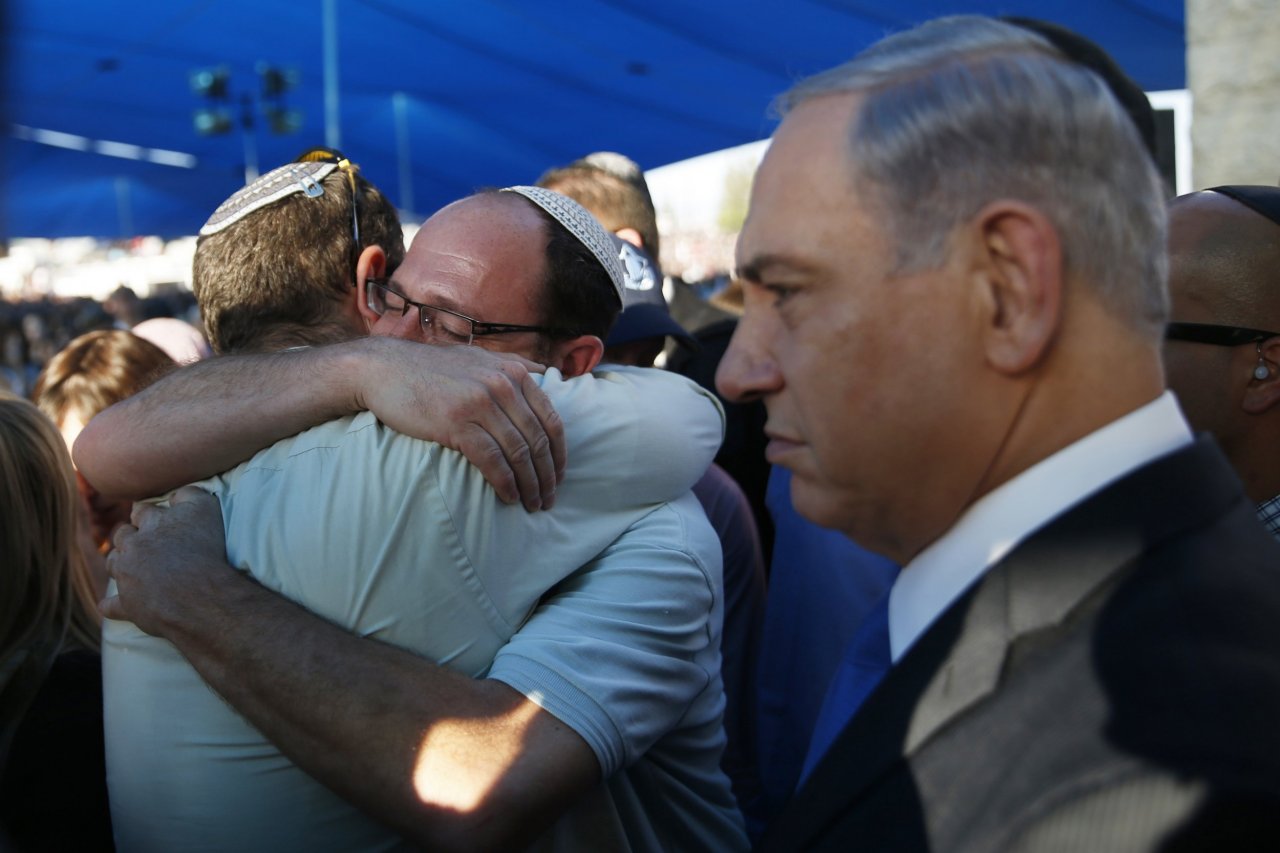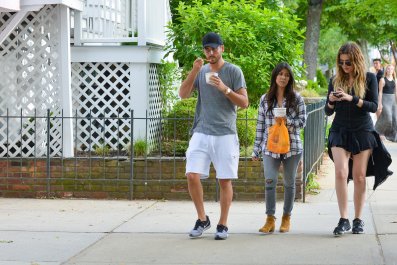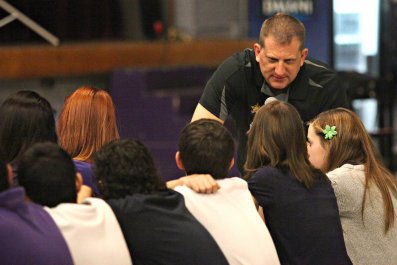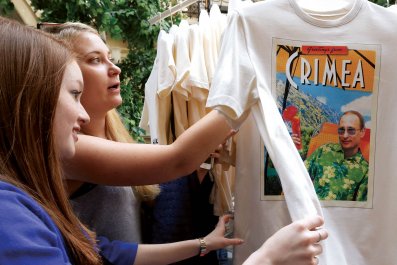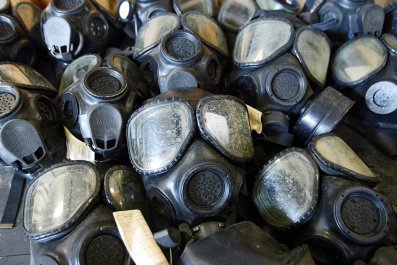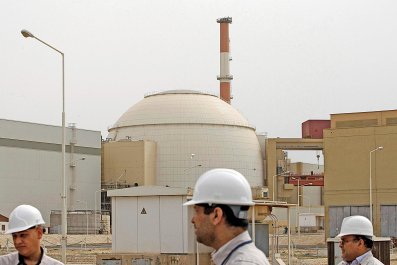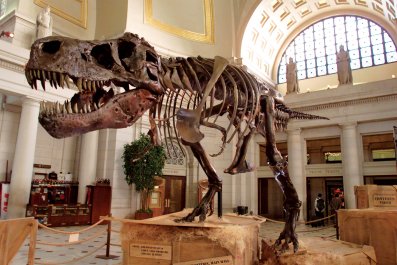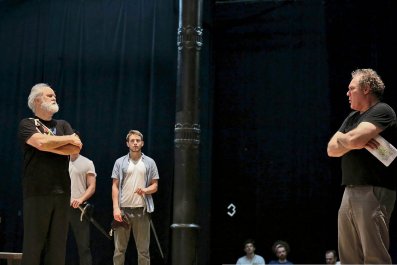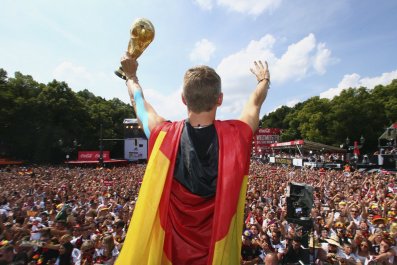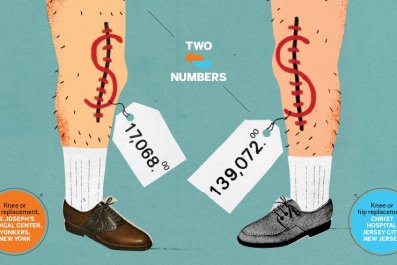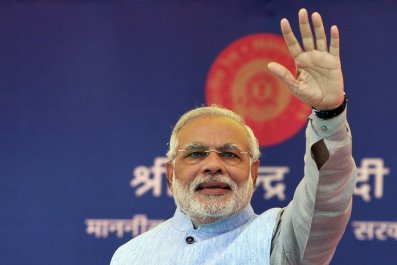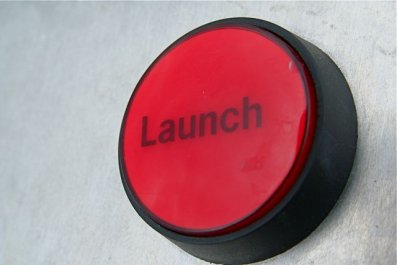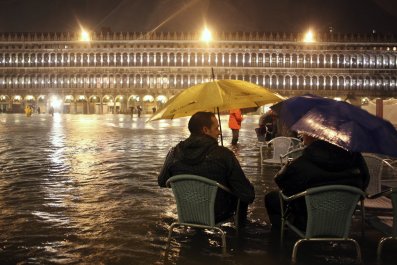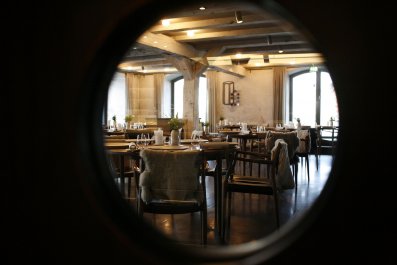When Environment Minister Amir Peretz paid a condolence call to the family of an Arab boy brutally murdered by Israeli Jews, he was the first member of the Israeli government to visit the shade cast by the black tarpaulin under which the Abu Khdeirs sat in mourning for their 16-year-old son Muhammad. Unless his cabinet colleagues like being abused, Peretz might also be the last. "I hope you're slaughtered," wrote one Israeli on Peretz's Facebook page, after the minister posted about his visit. "God will put you on his blacklist, you filth," said another of many abusive posts.
The visit by Peretz and the hatred aimed at him was part of a broad shock that ran through Israeli society over Abu Khdeir's death. The boy was taken off the street in Shuafat, an Arab neighbourhood of Jerusalem, the day after Israel buried three Jewish youths who were kidnapped and murdered by Palestinians in the West Bank.
Calls to avenge the killing of the three Jewish boys were widespread and often involved violent, racially charged language. The atmosphere was ripe for the vicious retribution wreaked randomly on Abu Khdeir. Now many Israelis face some soul-searching over whether their angry reactions to the terrorist killings make them complicit in the murder of the young Muslim boy. "The main issue here is not the political conflict with the Palestinians," says Rabbi Uri Ayalon, director of the Jerusalem-based Interreligious Coordinating Council in Israel. "It's the moral issue within Israeli society."
Israeli soul-searching was somewhat diminished by the need to search for a place to shelter when the air-raid sirens sounded in major cities, as Hamas rained rockets down last week. But the root of the current military crisis is in what Ayalon calls "dehumanising hatred" between the two sides, and many Israelis say they'll remember that once the missiles stop flying.
The story started on a lonely West Bank road at 10pm on the night of June 12th, when three Israeli hitchhikers caught a ride in a Hyundai with Israeli plates. The Israeli government says the car was driven by Hamas operatives, though Hamas denies responsibility and other groups have claimed the eventual killings of the three boys. But in the 18 days before Israel announced the death of Eyal Yifrach, Gilad Shaar, and Naftali Fraenkel, their kidnapping became a much bigger issue than it would've been had they been killed and left dead on the side of the road.
Their death unleashed tremendous grief – and anger. Thugs rampaged through the center of Jerusalem looking for Arabs and tried to beat up a Palestinian who was hustled away by the police. Rabbi Noam Perel, secretary-general of Bnei Akiva, the largest worldwide religious Zionist youth organisation, wrote on his Facebook page that the killing would "be atoned for with the enemy's blood, not with our tears". Naomi Ragen, a popular romance novelist who lives in Jerusalem and often comments on politics, said: "We will exact justice and revenge, and we don't need anyone's permission."
Somebody evidently thought they had permission. A body was found in the Jerusalem forest the morning after the funerals. Many Israelis refused to accept that an Israeli Jew could have carried out such a heinous act.
Police arrested six suspects, all of whom turned out to be Israeli Jews. An autopsy of Abu Khdeir's body showed 90% burns on his skin. Ash in his lungs suggested he was still breathing as he burned. The boy's Shuafat neighbourhood exploded into riots. Already fuming about Israel's arrests of its West Bank activists in the hunt for the kidnapped Israeli youths, Hamas stepped up its rocket fire from Gaza into Israel.
David Horovitz, founding editor of The Times of Israel news site, wrote that Abu Khdeir's murder was on a par with the 1995 assassination of Prime Minister Yitzhak Rabin by a Jew in raising "appalling questions about our country and its course". President Shimon Peres said Israelis hadn't wanted to "believe that our people were capable of such a horrible crime. We must not be such a people." The leader of the ultra-Orthodox Shas Party, Aryeh Deri, said the killers "should rot in a dungeon until the Day of Judgment."
When residents of a Jerusalem neighbourhood abutting the forest where Abu Khdeir's body was discovered put up an impromptu monument to the boy over the ashes of the fire that killed him. It was destroyed by vandals, as though mourning the dead youth were a political statement rather than a humane gesture. The residents rebuilt the rock garden and replanted the flowers. The monument was vandalised again.
As the rocket war on the Gaza border escalated, Israelis were also more inclined to revert to their habitual feeling of victimhood, which had been momentarily suppressed by their horror at Abu Khdeir's killing.
To be sure, many Israelis contrast their horror at the crime perpetrated by some of their own with the approval expressed by some Palestinians of the murders of the three Israeli teens. Nadia Abu Aisha, mother of one of the Palestinian suspects in the killing of the Israeli boys, told reporters she was "proud and strong because of what her son achieved". Israeli Prime Minister Benjamin Netanyahu vowed to bring Abu Khdeir's murderers to justice. But in the same breath he took a dig at the Palestinians. "That's the difference between us and our neighbours," he said. "They consider murderers to be heroes. They name public squares after them. We don't."
Others don't let Israelis or their government off so easily. "Wake up and stay awake," wrote columnist Anshel Pfeffer in the Haaretz newspaper. "There is no guarantee it won't happen again. It will, and then you will be forced to go through the stages of denial and delusion once more."
Yuval Diskin, head of Israel's Shin Bet domestic security service from 2005 to 2011, said the racist hatred of the boy's killers was nurtured by the government's inaction on peace negotiations and its mishandling of a series of lower-level attacks against Arabs. Known as "price tag" actions for the slogan usually daubed nearby, these attacks began in 2009 and typically involve vandalism of mosques, churches or olive trees in Arab neighbourhoods and villages mostly in the West Bank. That, Diskin says, is why the rocket barrage shouldn't distract Israelis from the soul-searching brought on by Abu Khdeir's death.
"Don't be confused for a moment" by the "severe and rapid deterioration of the security situation" he says. "This is the result of the current government's policy whose essence is: let's frighten the public over everything that's happening around us in the Middle East."
In Diskin's view the current round of military action is the responsibility of the Israeli government, rather than of the men who bundled the Israeli youths into their car and killed them. Either way, the violence that started when three young men hitched a ride late at night in the West Bank surely hasn't yet claimed its last victim.



